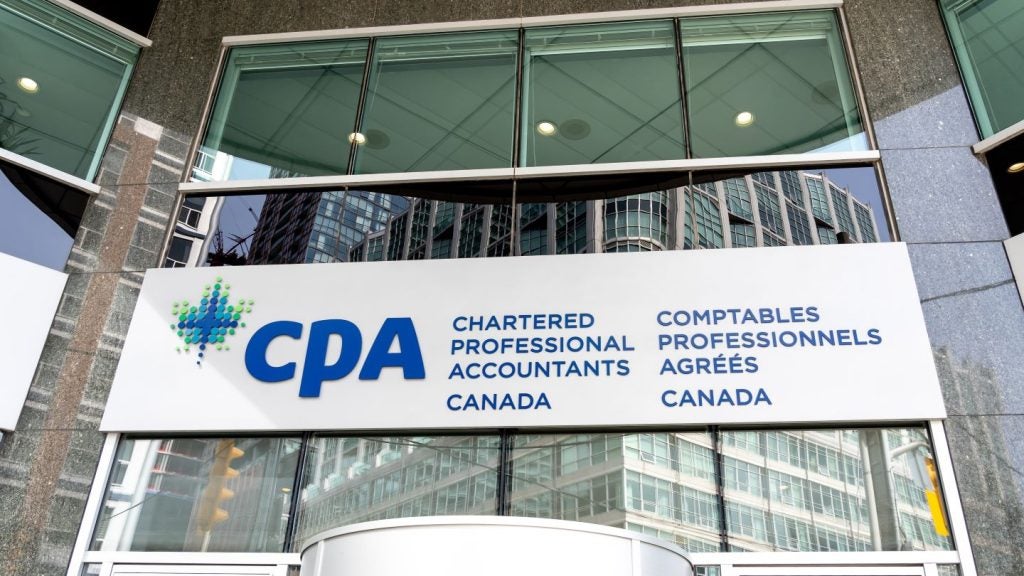
The American Institute of CPAs (AICPA) and the National Association of State Boards of Accountancy (NASBA) have approved a new model legislation for CPA licensure.
According to NASBA, the new path aims to provide additional flexibility for CPA candidates while maintaining public protection.

Access deeper industry intelligence
Experience unmatched clarity with a single platform that combines unique data, AI, and human expertise.
It introduces a new pathway requiring a baccalaureate degree, two years of experience, and passing the Uniform CPA Examination.
The revised model also includes a shift from state-based mobility to an individual-based practice privilege.
This change allows CPAs to practice across state lines with a single licence.
Additionally, safe harbour language will enable CPAs licenced under different requirements as of 31 December 2024, to retain practice privileges under mobility.

US Tariffs are shifting - will you react or anticipate?
Don’t let policy changes catch you off guard. Stay proactive with real-time data and expert analysis.
By GlobalDataNASBA president and CEO Daniel Dustin said: “NASBA and Boards of Accountancy remain committed to maintaining public protection while implementing these changes to the UAA.
“We will continue to work closely with state boards as the new pathway and changes to CPA mobility are implemented.”
The new pathway will be part of the amended Uniform Accountancy Act (UAA), set for release early in summer 2025.
Published by AICPA and NASBA, the UAA serves as a national model for state legislatures and Boards of Accountancy.
It allows for adoption in whole or part to meet jurisdictional needs.
Individual states must enact legislation or adopt rules before candidates can pursue this path.
As of now, 14 states have done so.
This pathway complements existing ones, such as post-baccalaureate degrees with one year of experience and baccalaureate degrees with 30 credits and one year of experience, both requiring passage of the CPA Exam.
A recent report by the Pennsylvania Institute of Certified Public Accountants of the traditional “pyramid” model in accounting.
This change is driven by technological advancements and a talent shortage in the profession.
AICPA CEO of public accounting Susan Coffey said: “By aligning our model legislative framework with the laws recently adopted in certain states, we’re encouraging removal of outdated barriers and reaffirming our commitment to a truly mobile CPA profession.
“Businesses today demand seamless practice across state lines, and this action provides legislators and regulators with a model under which CPAs can meet that need without disruption. This is how we protect the public while keeping the profession strong, relevant, and ready for what’s next.”
The updated UAA maintains that oversight and disciplinary authority remains with the State Board of Accountancy.






